Every board game enthusiast remembers the moment when they discovered a whole new world of engaging and intellectually stimulating games very different from the classic ones that were familiar to them. For many, this moment is marked by the first time they played an “introductory” or “gateway” game that significantly broadened their horizons.
Gateway Games: What are they?
Introductory or gateway games often spark an interest in learning more games outside of the classics like Monopoly, Risk, or Battleship. They introduce players to different mechanics and styles of gameplay that can be both enjoyable and addictive. Examples of such gateway games include Catan, Carcassonne, Ticket to Ride, and Dominion.
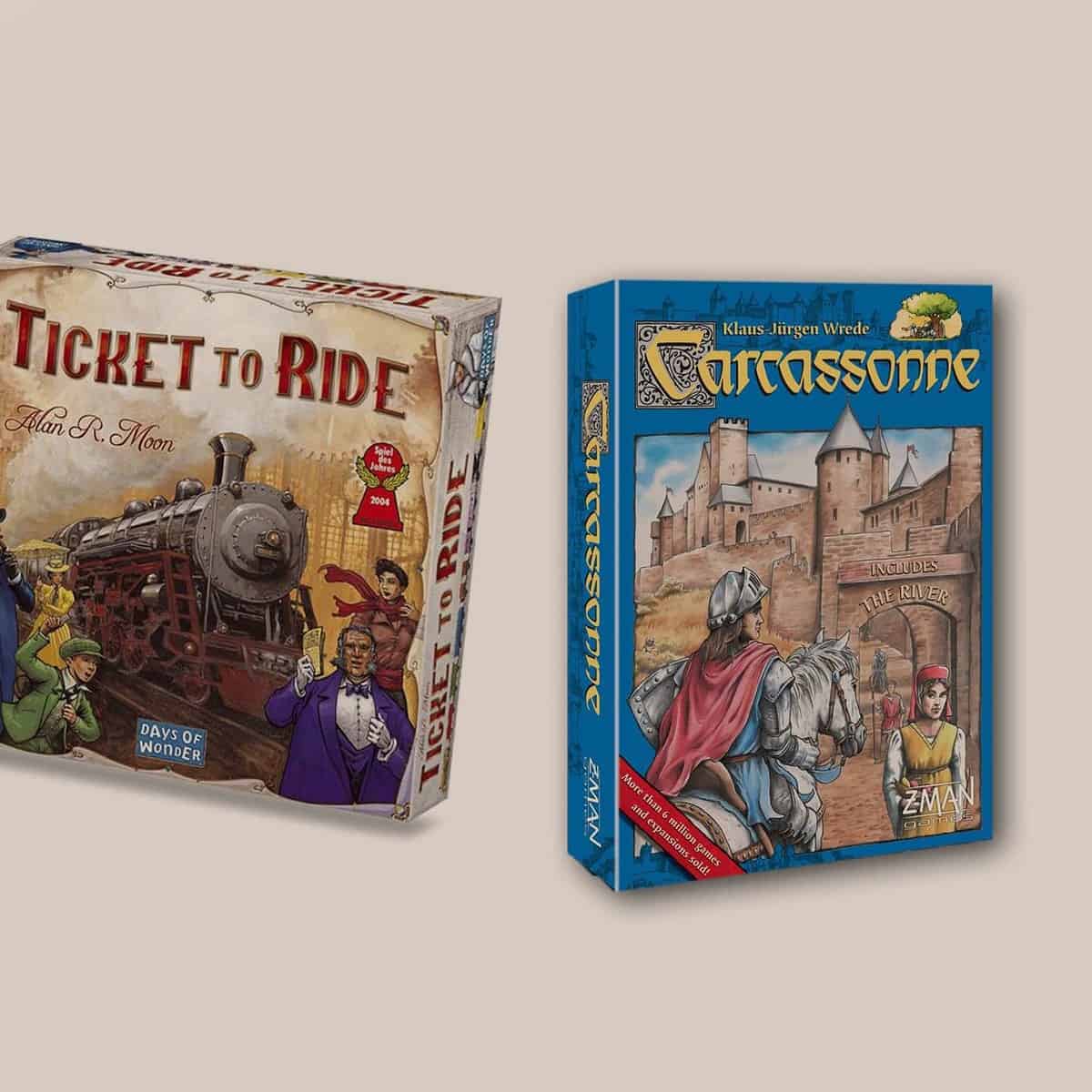
While the term ‘gateway game’ might bring with it associations of addiction, the board gaming community generally sees this as a positive or humorous acknowledgment of the captivating power of these games. The addiction to board games does not carry the same negative connotations as other vices like smoking and drinking; instead, it represents a passionate love for these entertaining pastimes.


Exploring New Games
As you venture into the world of gateway games, you might wonder what game is perfect for you and what should be your next purchase. The good news is that the possibilities are endless, and there’s a game out there for everyone. Some games that are often suggested as significant next steps after being introduced to gateway games include:
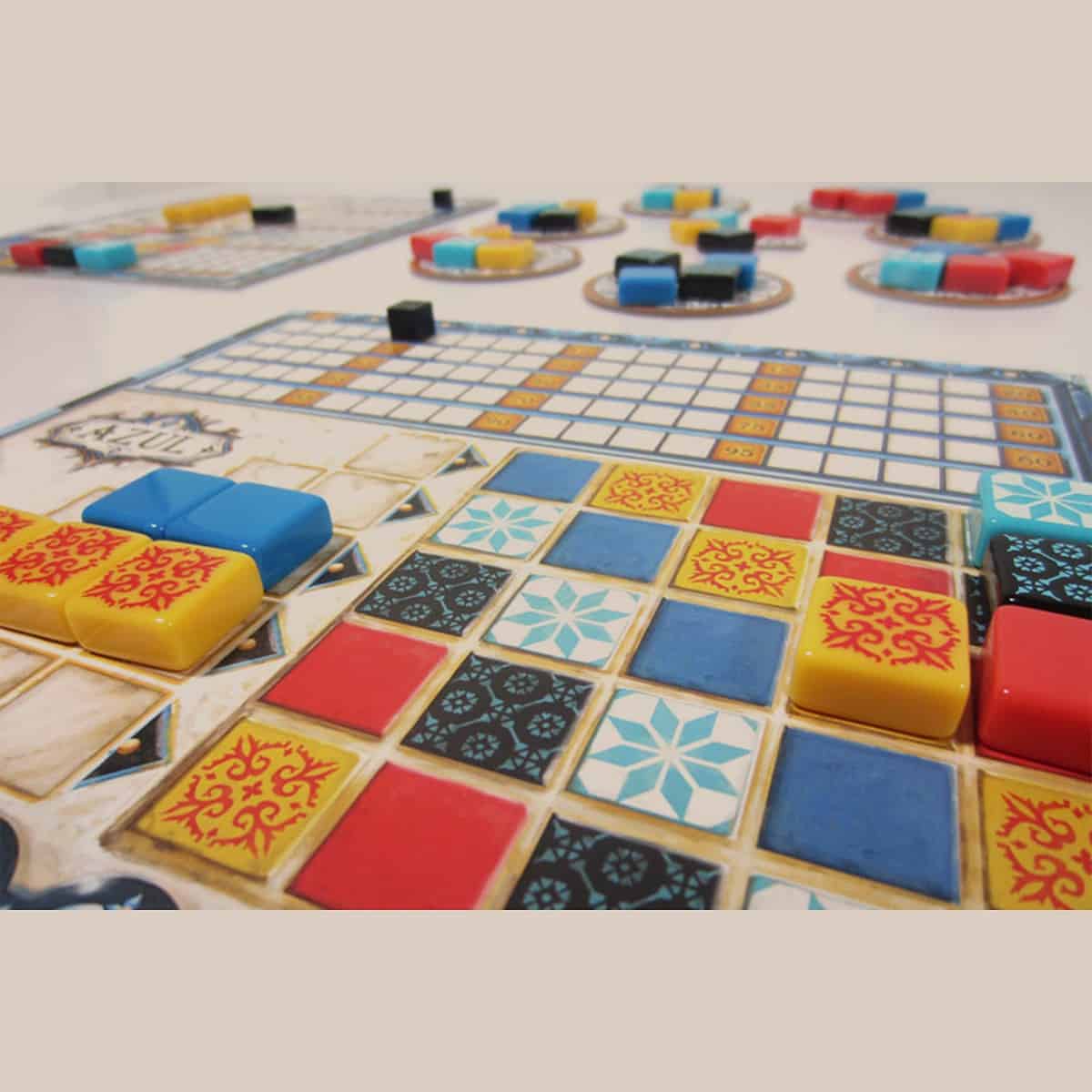
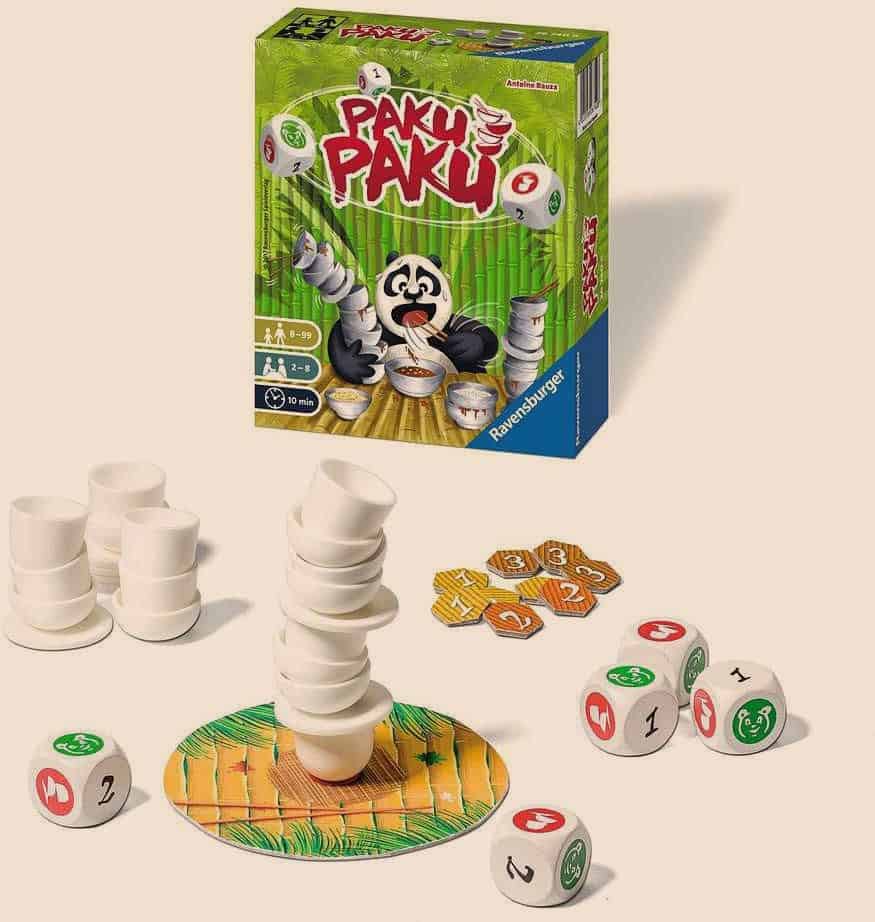
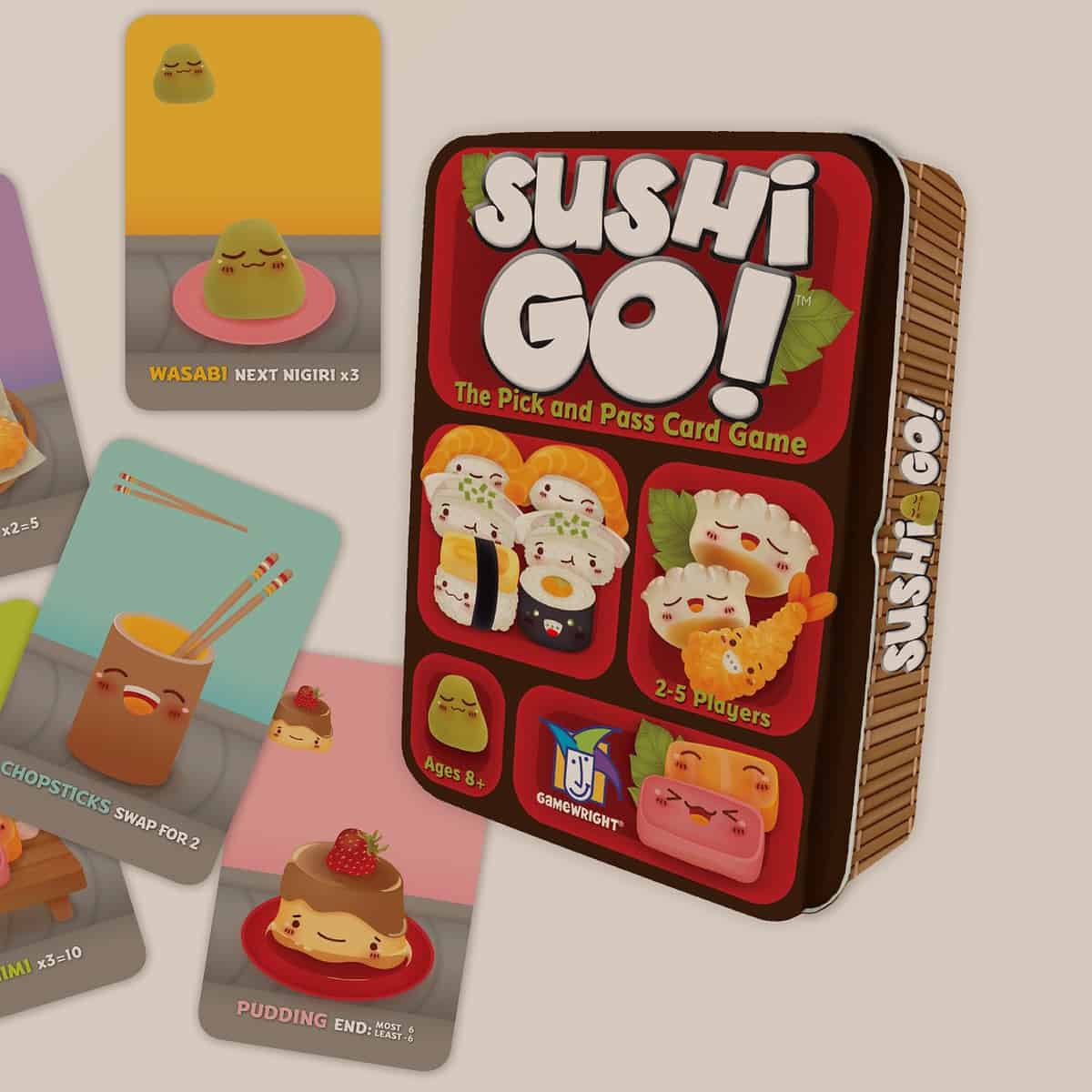
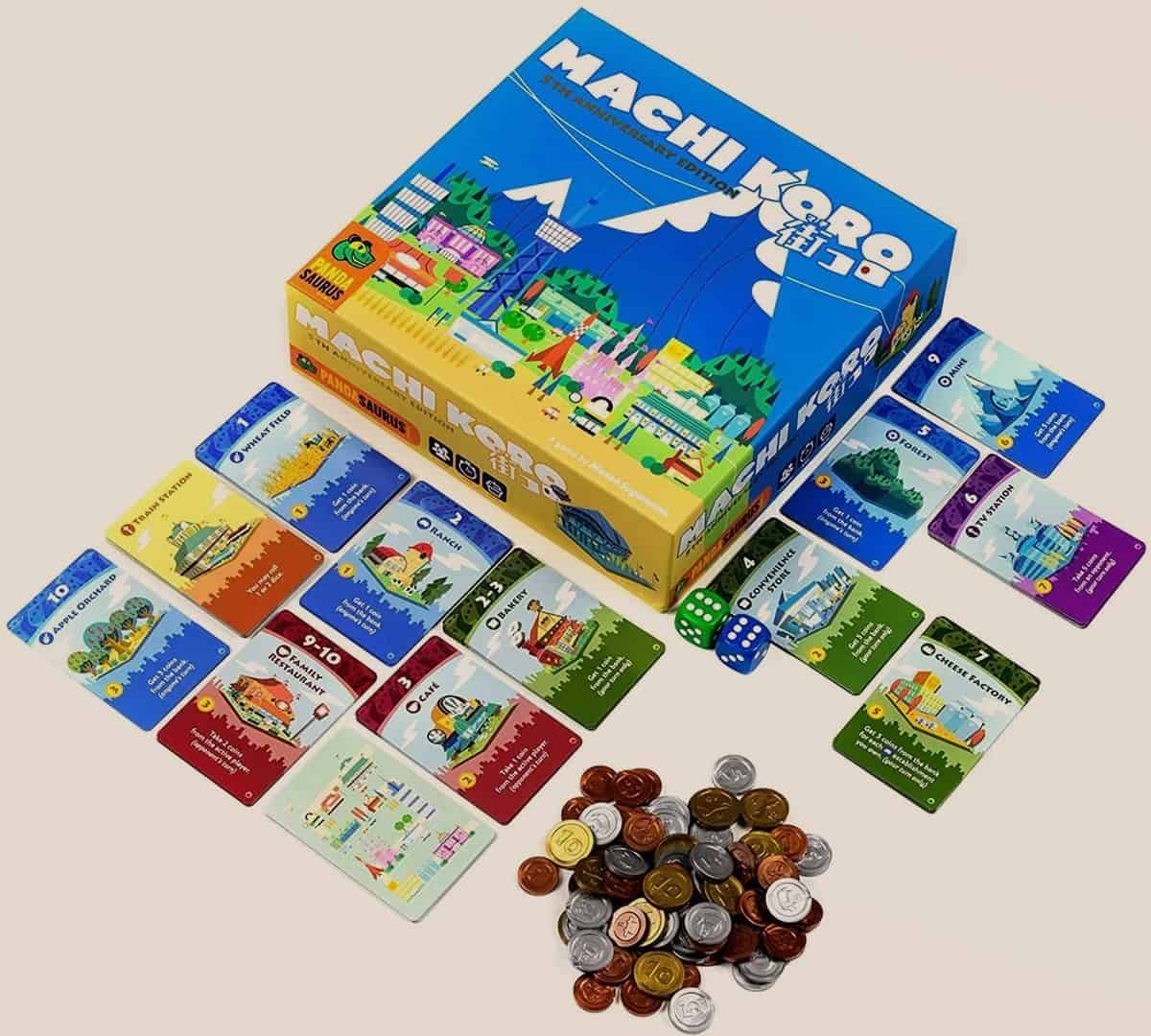
- Jenga: Dexterity game where you must pull out wooden blocks and stack them on top without collapsing the tower.
- Paku Paku: Similar to Jenga, but with family theme, and this time everybody is rolling dice, and when a red shows up, you need to stack one of the three different types of utensils on top of each other without collapsing them.
- Space Base: A fun and engaging game where players build up their space station, compete for resources, and battle for dominance.
- Machi Koro: Fast-paced dice-rolling game in which the main goal is to buy properties and develop your city first to gain victory.
- Sushi Go: Elementary card drafting game in which the goal is to collect sets of cards, each scoring you points differently.
- Azul: A tile-laying puzzle game where 2 to 4 players try to create the most aesthetically pleasing mosaic board. Points are given for various categories for example every fulfilled row or column but also completed set of the same color.
- Viticulture: A worker placement game where 2 to 6 players manage a vineyard and compete to create the best wine.
- Luxor: Indiana Jones-style tomb exploring game, which is a combination of race and a set collection of tiles that score points at the end.
- Carcassonne: A tile-placement game where players build medieval landscapes and try to gain control of towns, roads, and monasteries.
- Imhotep: fast-playing game set in ancient Egypt, where players load boats with cubes of their color and send them to get points in various ways.
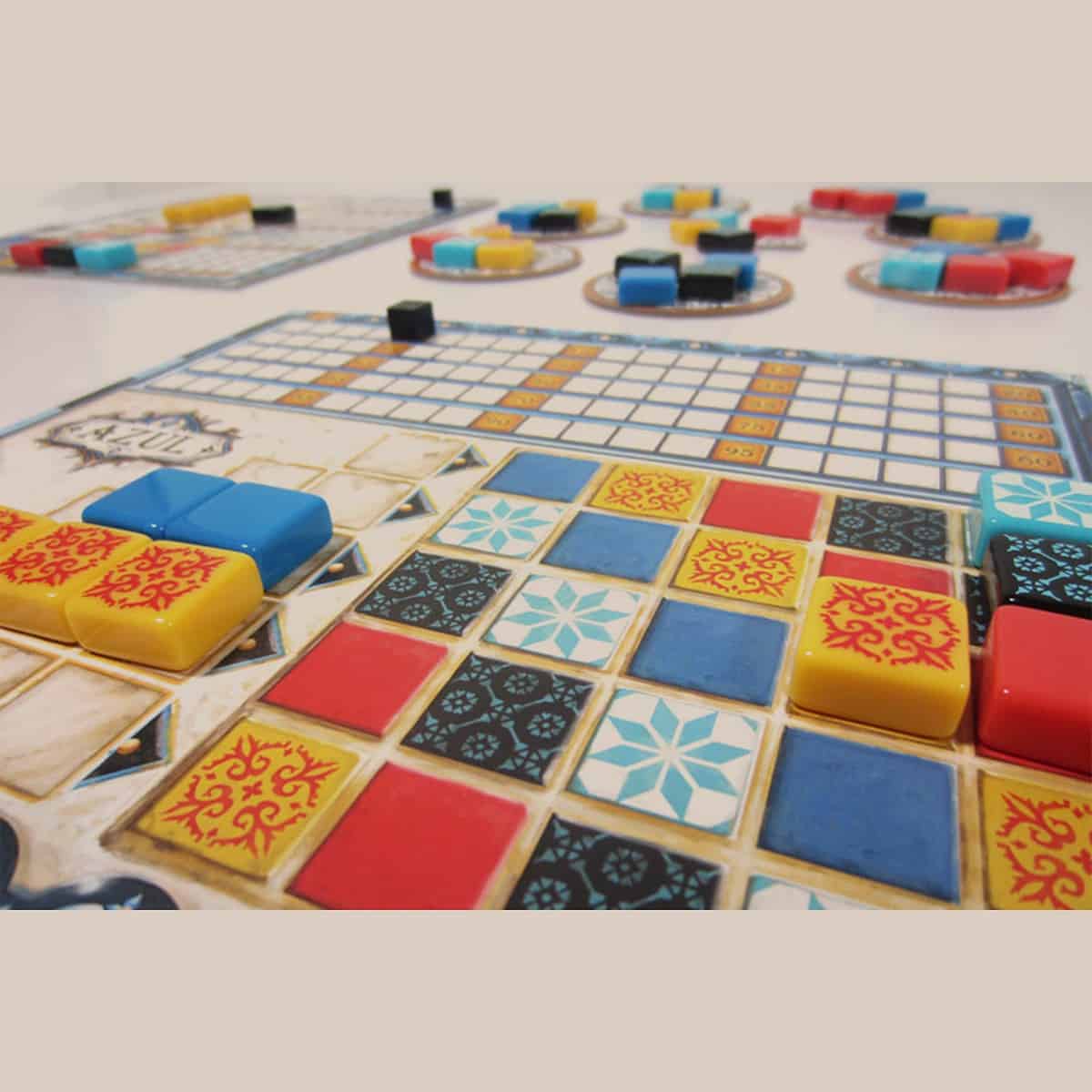
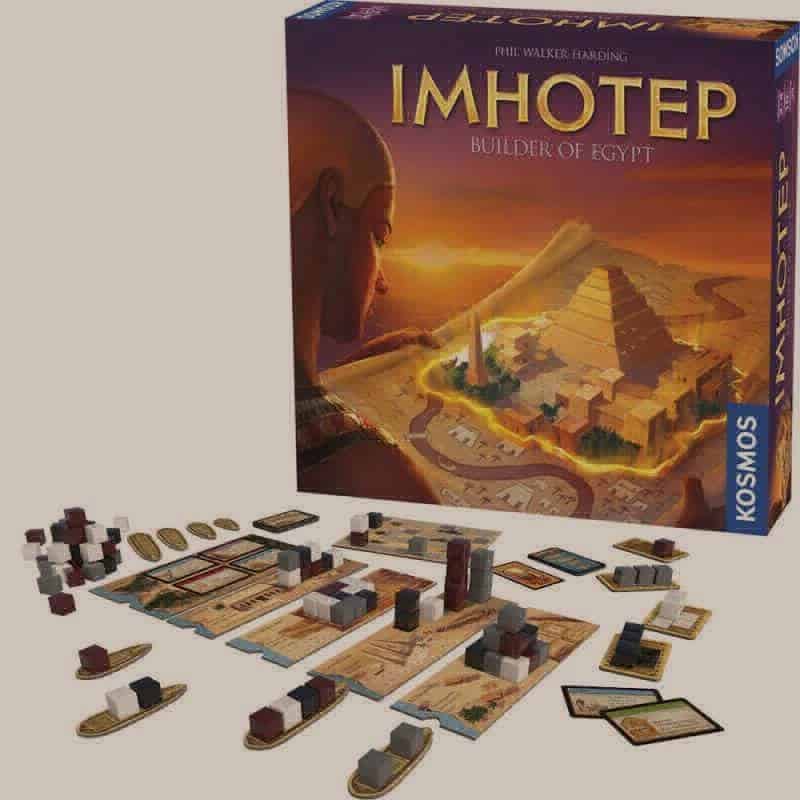
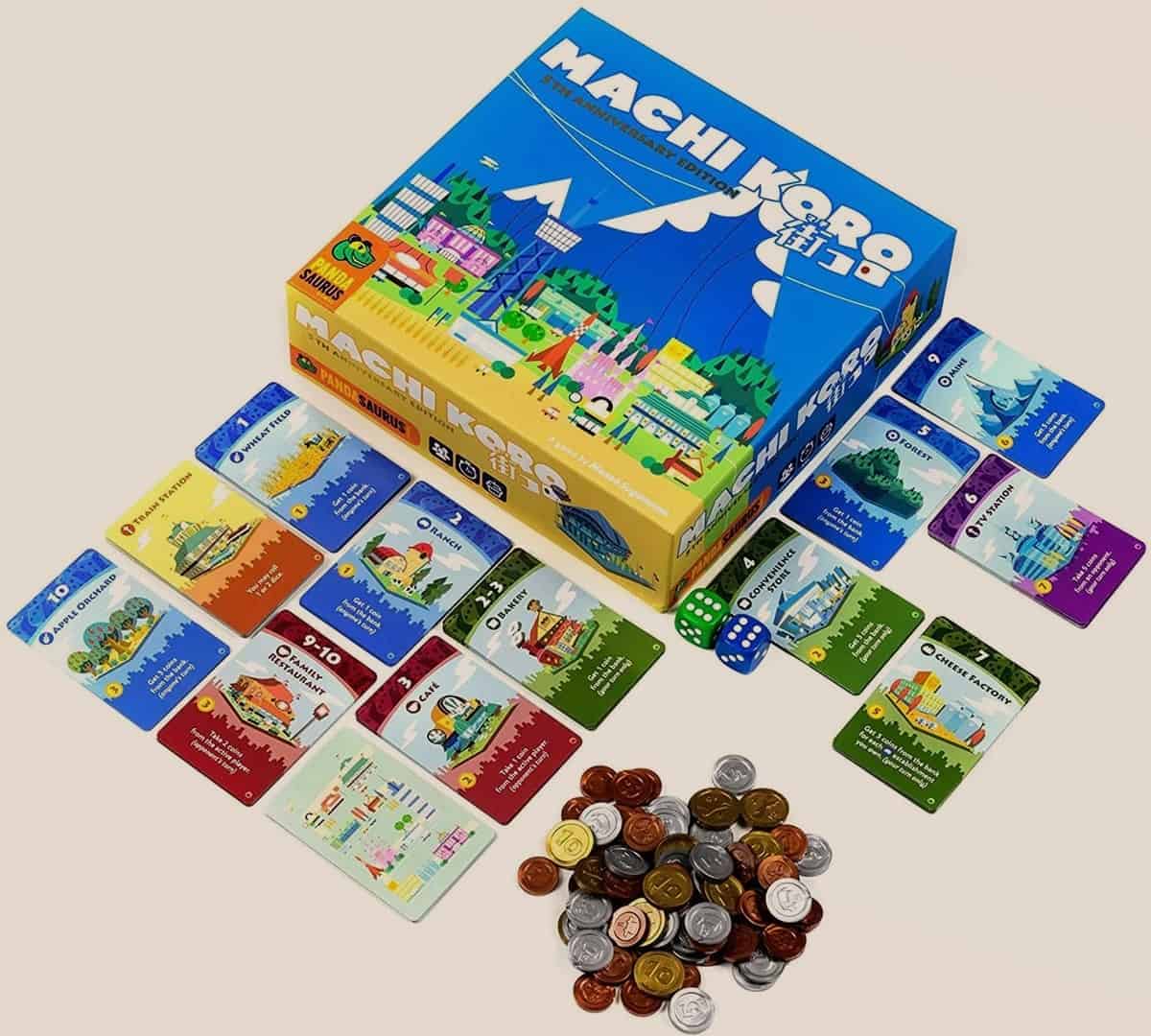
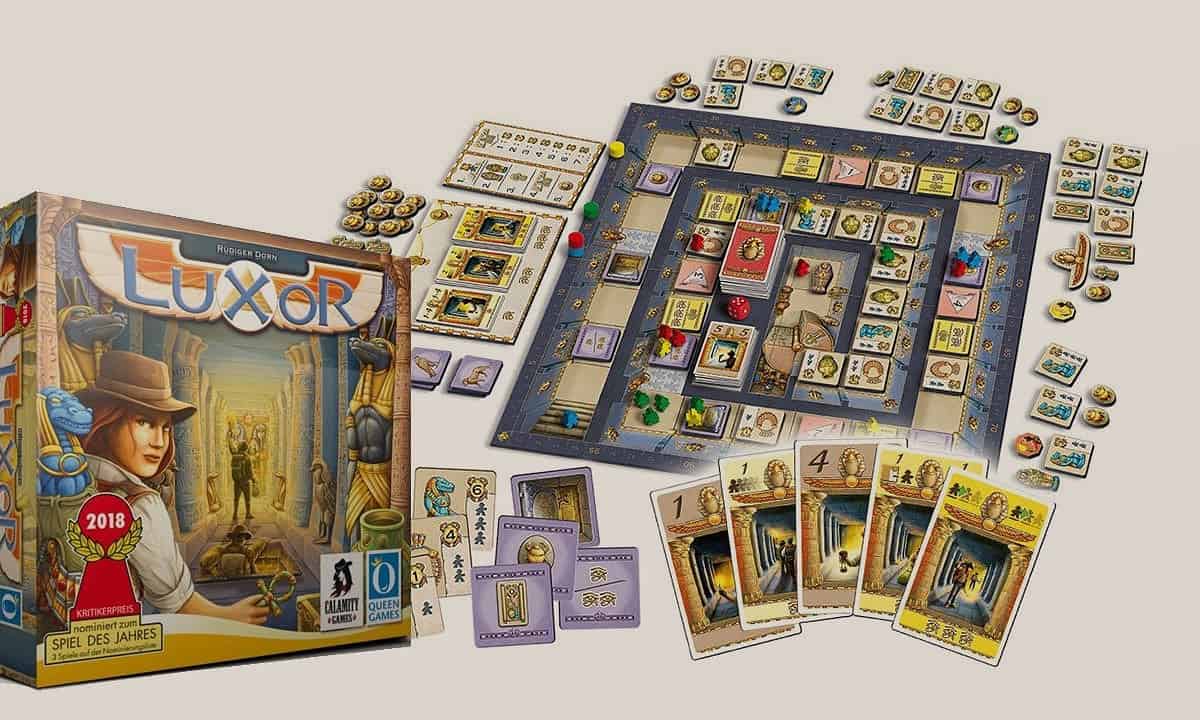
When looking for new games to add to your collection, consider your interests and preferences regarding themes, game mechanics, and complexity levels. Ultimately, the goal is to find games you enjoy playing and will continue to play repeatedly.
The Gateway to a Lifelong Love for Board Games
As you embark on this journey into the world of introductory board games, you’ll find that there’s so much to learn and experience. Embrace both the classics you know and love and the new games you’ll discover along the way. This hobby can be as casual or as serious as you choose to make it.
Begin by learning the lingo and terminology used within the board gaming community, such as ‘worker placement,’ ‘deck building,’ and ‘cooperative game.’ Once you understand a game’s core mechanic, you can recognize it in other games of the same genre. Furthermore, research popular games and watch gameplay videos to understand what might interest you before purchasing. Finally, feel free to try new games or genres, as you’ll never know what might become your new favorite.
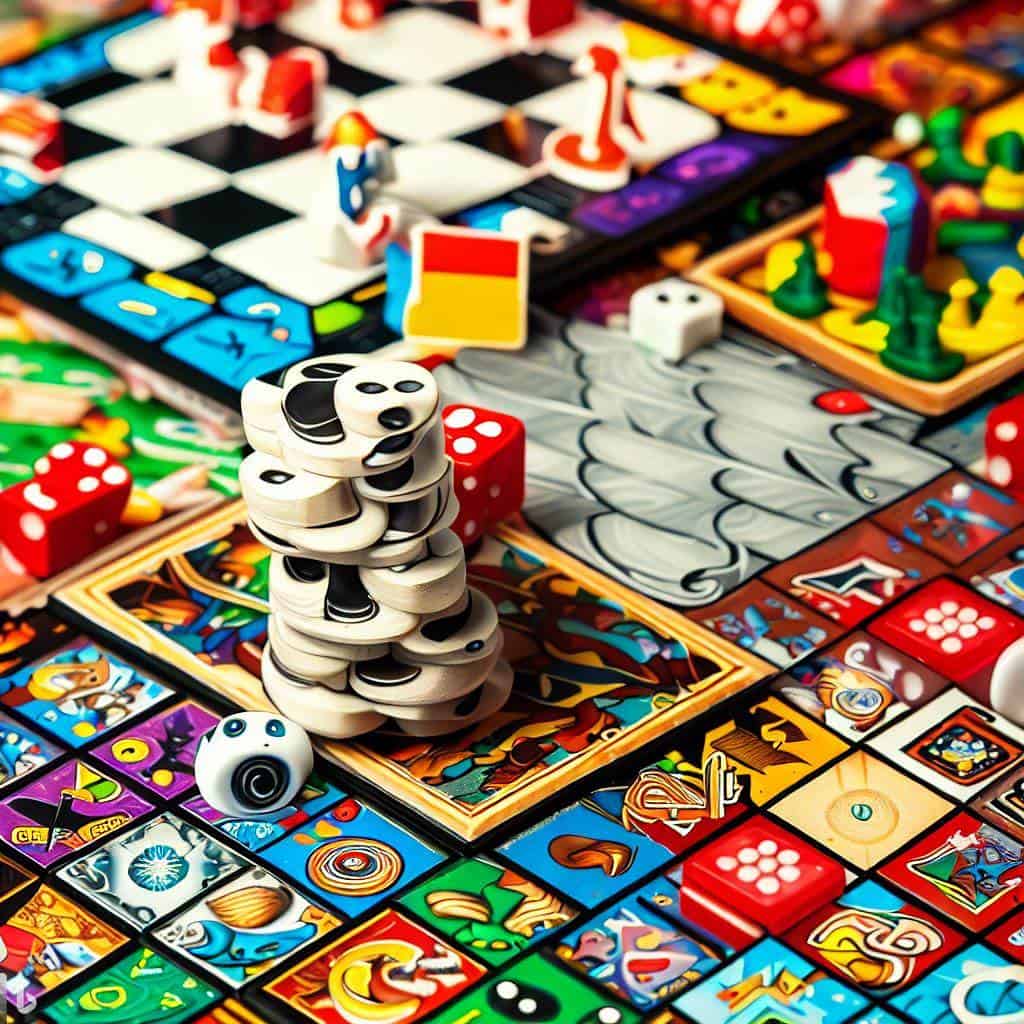
Joining online communities, such as Facebook groups or dedicated gaming forums, can also be a helpful way to connect with other enthusiasts, exchange experiences, and learn from one another. Board gaming has the power to bring people together, forge new friendships, and create cherished memories with friends and family.
Conclusion
Whether you’re just starting or have already dipped your toes into the world of introductory board games, embracing this hobby can lead to a lifetime of enjoyment, camaraderie, and mental stimulation. The ever-evolving landscape of board games offers countless opportunities to explore new themes, mechanics, and challenges that cater to various tastes and preferences.
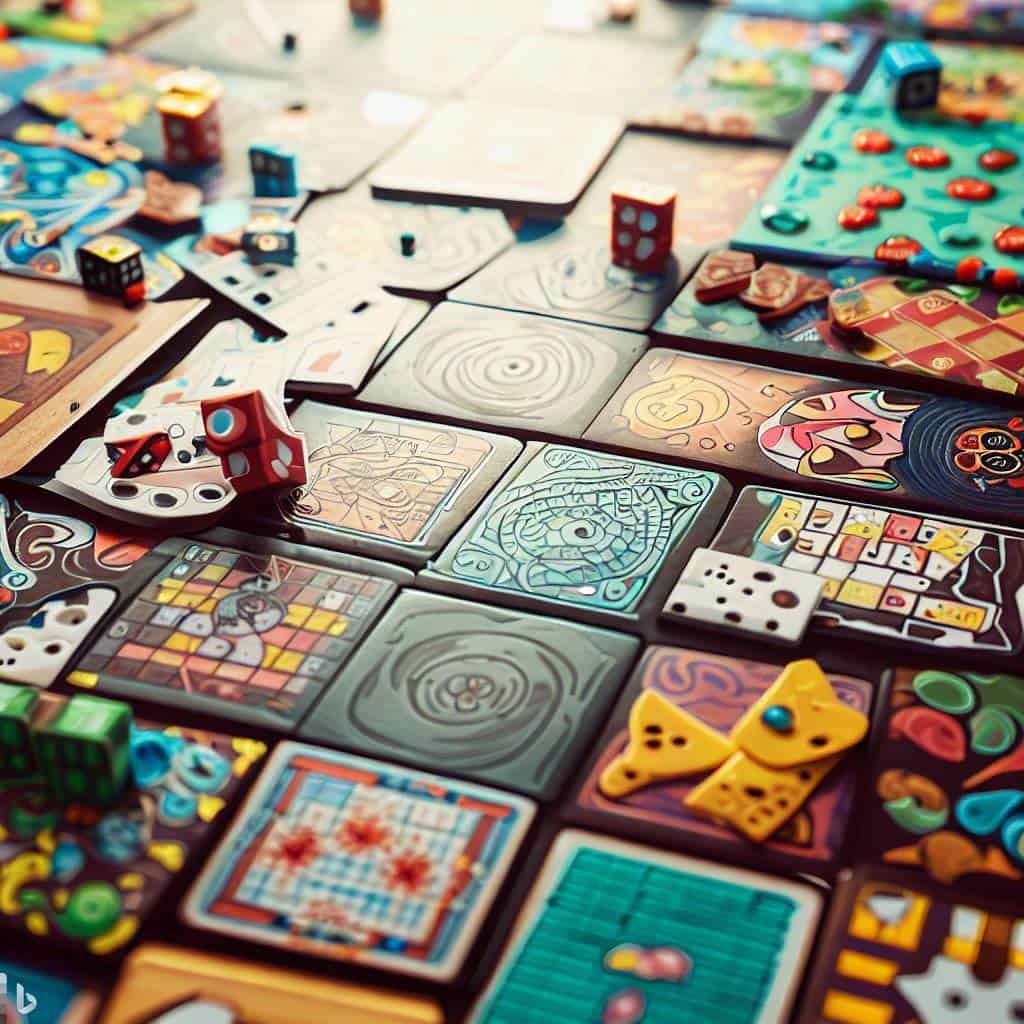
As you continue to expand your collection and knowledge of board games, remember that the most crucial aspect is the shared experience and joy that these games can bring to your life. So gather your friends, family, or fellow enthusiasts, and dive into the wonderful world of introductory board games. You never know – you may discover a newfound passion that will last a lifetime. Happy gaming!

